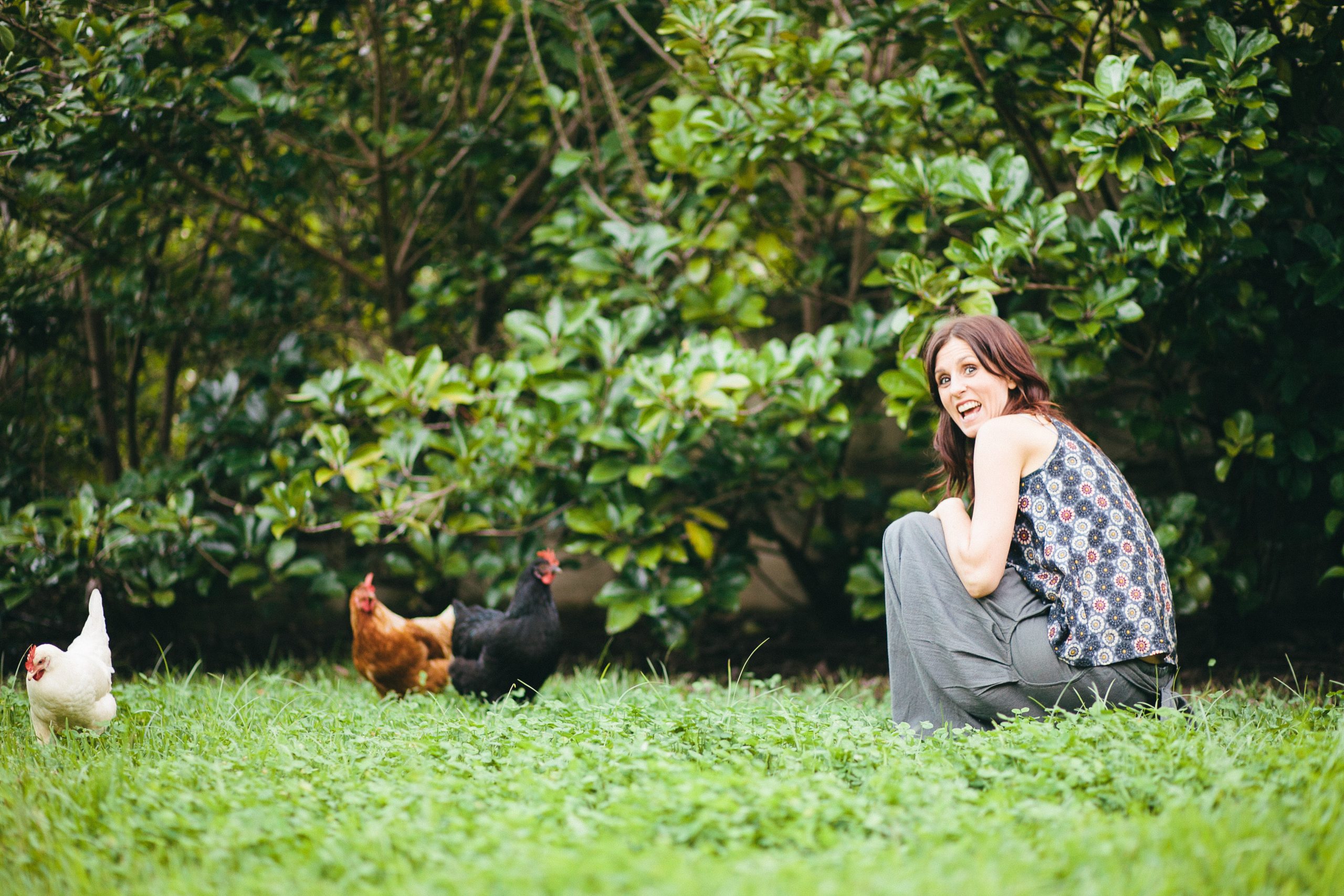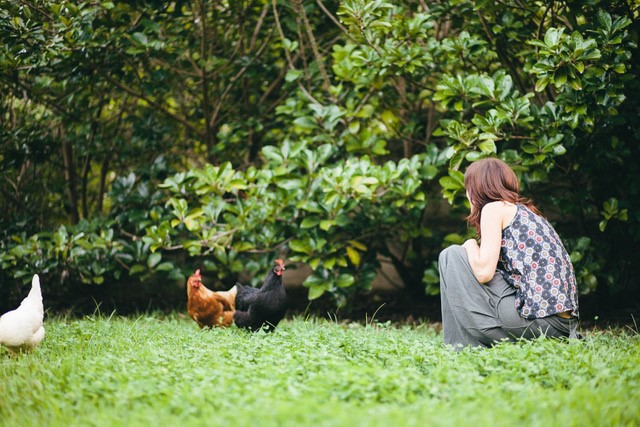Article by Dr Sarah Lantz
Internationally, backyard chickens are having a well-earned time in the limelight and championing the cause for self-sufficiency. Along with an increase in alcohol sales in Australia, suddenly people have also decided that raising backyard chickens is also cool, and potentially necessary when faced with the question about the availability of staple items at grocery stores. Some parts of Australia have seen egg layer sales increase by 30%, a welcome boon for the industry who have continued to fly the flag for chicken rights and quality eggs over the years.
It’s actually quite easy to raise chickens, can be a rewarding addition to the family, and the health benefits are plentiful.
With a small coop and a bit of fenced-in yard, a chicken is content and will lay between one and two eggs per day, about as many eggs as one person can eat. Even when given free range, chickens do not stray far from their homes. They are essentially homebodies, and love nothing better than an evening at home with a bit of company, gossip from around the laying community, and a few snacks.
Being omnivores, chickens aren’t too picky about what they eat – bugs, snails, worms, grasses and leaves are just fine. They need a small amount of feed, usually a mixture of grain and legumes, but the rest of the time they are fabulous salvagers of scraps and compost. For this reason, there should be no organic food waste heading for landfill because they are simply organic waste machines. The eggs produced from healthy, chickens can be some of the most nutrient-dense foods around. They have significant amounts of vitamin E, B12, carotene, antioxidants and omega-3 fatty acids.

Our feathered friends can also help minimise labour in the garden. Moving a chicken tractor, or scratch fence around the yard, the birds will first target broad-leaved weeds and insects, then clean up the lawn even as they fertilise it. They turn the soil, put manure in it, turn all the green stuff through it, and what you end up with given time is nutrient-rich soil and a harmonious garden ecosystem“ with hardly any effort from yourself.
Chickens can also make good pets, generally being quite loyal, and, in my experience, chickens are funny, with quirky habits and affectionate personalities as distinct as any other family pets. They are also no dirtier than budgies, much less noisy, and immensely more productive.What’s not to love about that?
As for educational benefits, chickens make excellent teaching aids. Not only can you whip up a delightful quiche with freshly-laid eggs during cooking class, but you can calculate the number of eggs in maths (‘if five hens each laid an egg a day, how many eggs would you have in a week?’). There are also some cracking science experiments that involve blowing up eggs, games you can play with eggs, and in English lessons, chickens can certainly inspire creative writing. They’re also great for teaching the kids about responsibility, care for animals, and life and death “ all of that big, important stuff.
Also, if every Australian household or street had hens, just imagine the decline in battery hens, industrial chicken conditions and poor-quality eggs.
Take heed though “ ensure your chickens are secure. Chooks can be vulnerable to domestic dogs, snakes, hawks and foxes, while eggs are attractive to snakes and goannas. It’s important to check your council regulations in your area before you set up your coop and purchase your flock. Generally, Councils will allow you to keep chickens, and the rules are quite common-sense.
Article by:
Dr Sarah Lantz (PhD)
Buchi Brew Co. & Sacred Women’s Way


